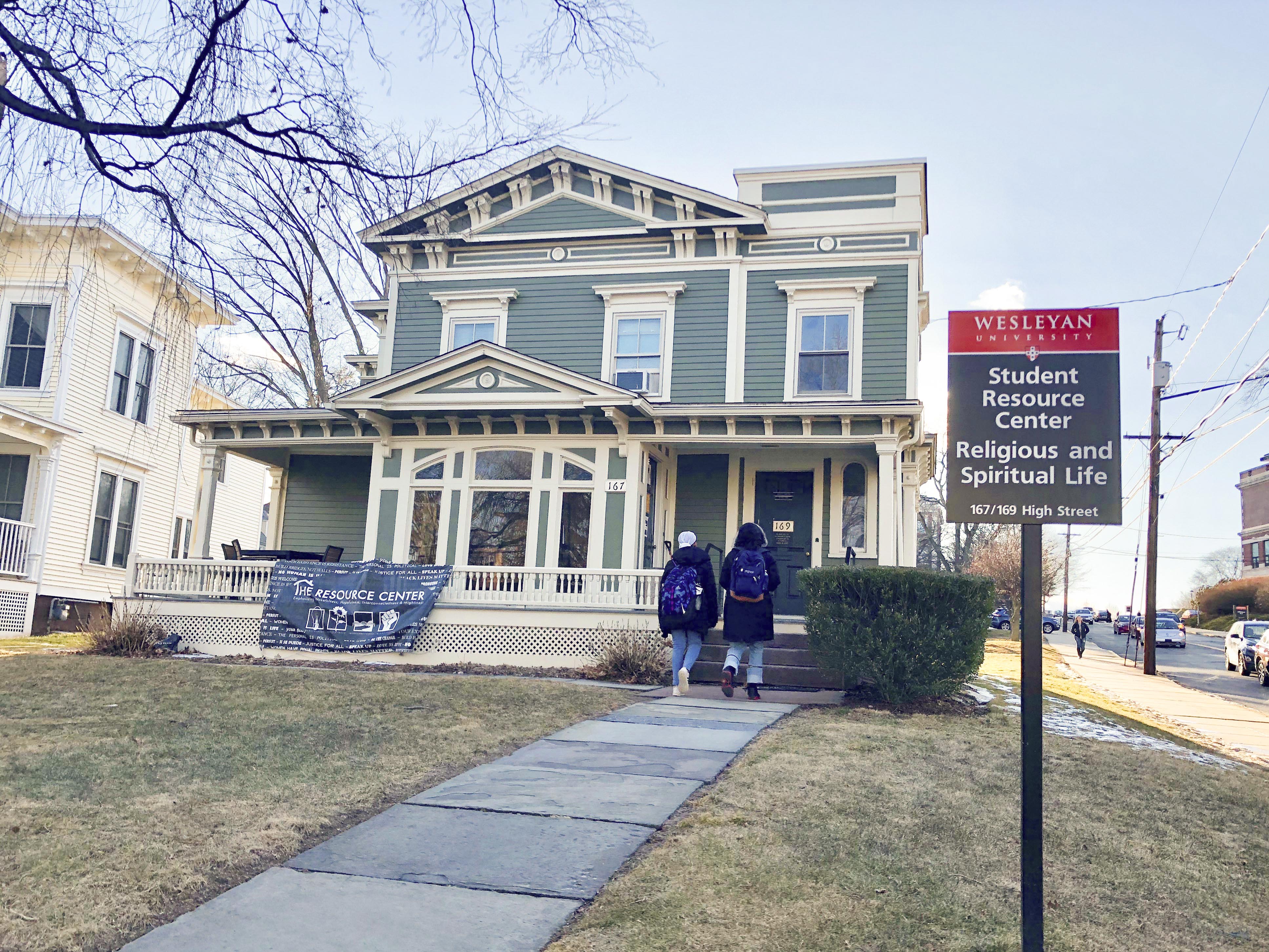
The Resource Center (RC) begins its third year this September, aiming to emphasize intersectionality in its work and to continue collaborating with students. The RC has recently been authorized to hire a new Assistant Director, and Director of the Resource Center Demetrius Colvin hopes the addition of an Assistant Director will allow the RC to work with students interested in fostering community among people with these identities.
The RC was born out of student activism—chiefly the #IsThisWhy campaign in Fall 2015—demanding more support for underrepresented students on campus. It was initially designed to serve students of color, first-generation and low-income students, LGBTQ students, and female students.
Over the past two years, the RC has established a focus on race, ethnicity, nationality, socioeconomic status, disability, gender, sexuality, sustainability, spirituality, and social and political activism. This year, the RC plans to focus even more on the intersectionality between its areas of focus, be more proactive in programming with different student groups, and introduce programming that initiates from the RC.
“The main distinction that is going into effect this year is that the Jewett Center for Community Partnerships, the Office of Religious and Spiritual Life, and the Sustainability Office are all primarily in charge of all initiatives to do with civic and political engagement, religion and spirituality, and environmentalism,” Colvin wrote in an email to The Argus. “Our work will begin when it comes to people who would like to do work in those areas as they intersect with race, ethnicity, nationality, gender, sexuality, socioeconomic status, and disability.”
Last February, the RC conducted a survey about its presence on campus, receiving largely positive results. Respondents emphasized that the RC was doing a great job supporting students who fall into the RC’s areas of focus and providing a safe space for students, while also highlighting different identities for which they wish there was more programming, including indigenous students and Jewish students. Due to the RC’s programming model and limited resources, demographics without strong student leadership were often overlooked.
For student groups that work with the RC, Colvin emphasizes what is possible when they work together to program their events, in addition to asking for funding.
“I think the true magic and the true synergy happens when you have something like what we’re doing with the X [House] residents, what we’re doing with Ajúa or Ujamaa where we’re actually programming together,” Colvin said. “When you are working with us proactively and thoughtfully, large, multi-people events in terms of planning and committees can happen.”
In addition to continued collaboration with student groups, Colvin hopes to continue developing programming that addresses student needs that the RC sees in its work. He points to the University Organizing Center Open Mic Night as one event the RC organized last year that provided space for students to hold conversations about how they navigate the Wesleyan community. Workshops surrounding environmental racism, environmental justice, and political consciousness are also some events Colvin plans to bring to campus this year.
In addition to these RC-initiated events, Colvin hopes that students will continue to reach out to the RC to shape their own academic experiences.
“Continuing to develop our programming and services and collaborations with student organizations, that’s our main mission and it’s still key point number one,” Colvin said. “Whereas certain departments support student organizations that connect to their mission and their focus, I think what our avenue or lens on this particularly is to make sure that marginalized and underrepresented students see themselves in Wesleyan, have a good qualitative experience here, and understand that regardless of what is or is not here for them, regardless of negative or challenging experiences, that they have created the Wesleyan.”
As the RC continues to evolve, Race, Ethnicity, and Nationality Intern Romina Beltran ’22 emphasized the importance of spreading the word about what the RC does in order to gather more student feedback.
“You should always know that that exists as a resource either for your friends or if you need it at some moment, but it’s an opportunity for everyone to educate themselves but also be comfortable,” Beltran said. “The doors are really open for everyone…. We want to have student feedback because we wish to be the best resource on campus for marginalized students.”
Jocelyn Maeyama can be reached at jmaeyama@wesleyan.edu.


Leave a Reply